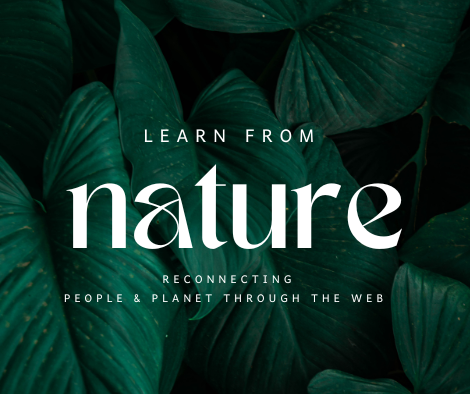
While the human tally of COVID-19 cases has risen, animal cases have remained novelties. As of this moment, you can count the affected species on one hand: lions, tigers, domestic cats, dogs, mink. The pets contracted the virus from their owners; the big cats, likely from an asymptomatic caregiver; and the mink, likely from fur farm workers or possibly other infected animals.
Beyond that conclusion is a sea of unknowns. There’s no evidence that domesticated animals can pass the virus to humans, but there’s also no widespread animal testing. “Do we test every cat and dog that has respiratory symptoms? Maybe we will be in 12 months,” says microbiologist Shelley Rankin at the University of Pennsylvania School of Veterinary Medicine. “But the only reason we’ve done that in the past has been when there is a direct link to human health.”
The virus is zoonotic—originating with animals—but causes a fundamentally human disease, says virologist Diego Diel of Cornell University’s Animal Health Diagnostic Center. If the virus that humans are spreading were a significant threat to animal health, he says, we’d know by now.
While the human tally of COVID-19 cases has risen, animal cases have remained novelties. As of this moment, you can count the affected species on one hand: lions, tigers, domestic cats, dogs, mink. The pets contracted the virus from their owners; the big cats, likely from an asymptomatic caregiver; and the mink, likely from fur farm workers or possibly other infected animals.
( source and full article- https://www.nationalgeographic.com/magazine/2020/10/covid-19s-impact-on-the-animal-kingdom-so-far/ )

